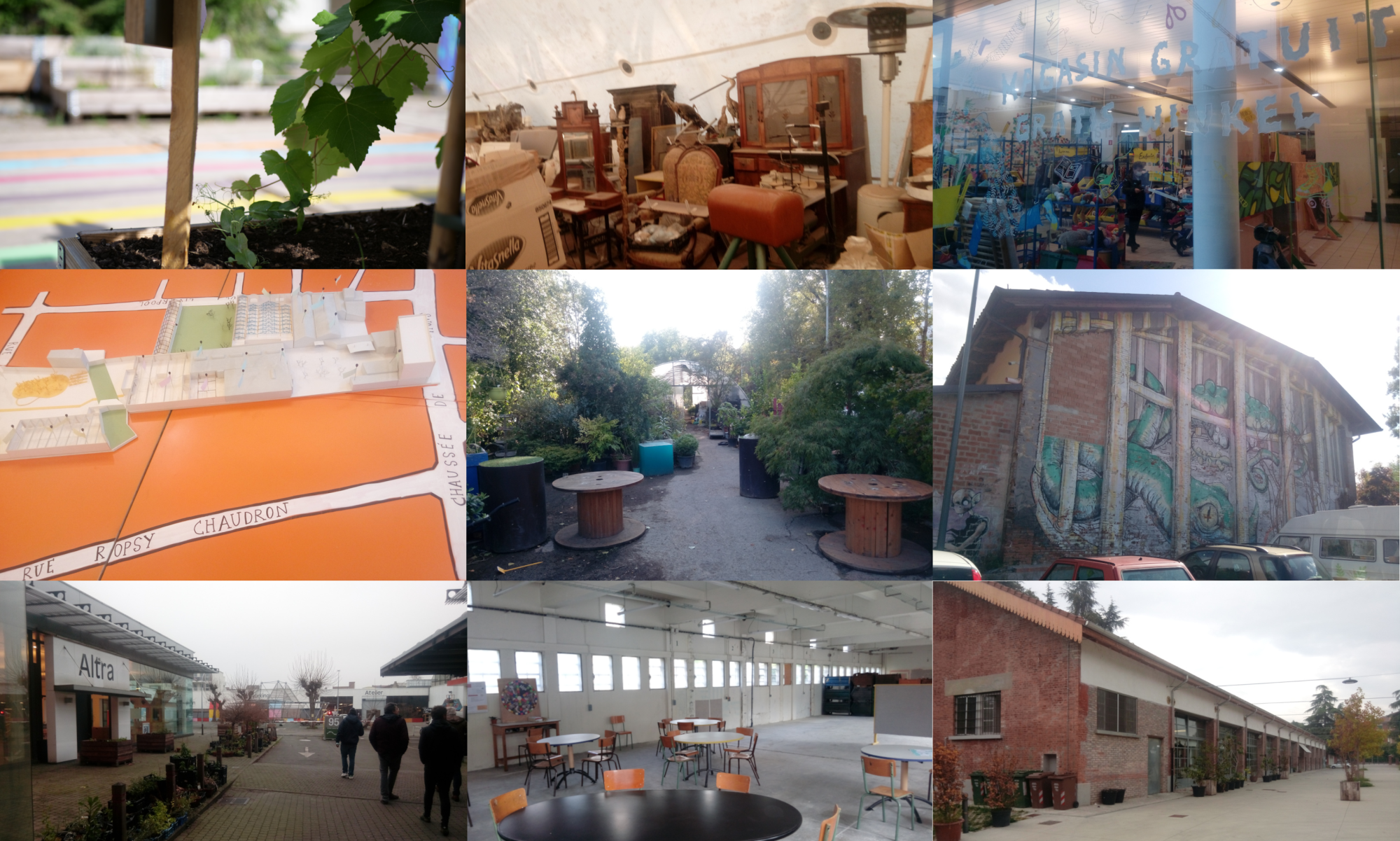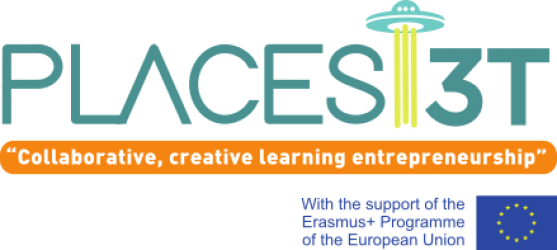Economic, social and environmental structures, employment, education, training insertion, guidance in a universe in constant and incredibly fast change lead to imagine new routes for everyone to create their own place in this ecosystem.
Work, what it represents, the way it happens, put in action a set of values, codes, attitudes, knowledge, abilities which are dependent of the context and, at the same time, constitute a platform for the person to position themselves in the society. Some are well prepared to that, well adapted, feel at ease and are able to flourish day after day. Some, for many diverse reasons, have greater difficulties. It may come from a discrepancy due to language, education, culture, competences, or to a drastic change of context (e.g. migration); but it may also result from a desire to change their own codes, to contribute more collectively, to be more creative and more opened.
What is happening in working situations is more and more a complex mix of knowledge, know-hows, attitudes, behaviours, emotions, cultural components and technical job skills. Everybody possesses some of these fusion skills, but it is sometimes difficult to evidence, valorise, enhance them in the classical training and qualification systems.
Beyond institutional systems, Education, Enterprise, actors of inclusion and guidance, plenty of experiments have evidence both the desire and the possibility to develop places that enable people to find themselves and meet with others, to define their own journeys, their own values, together with others, though cooperation, co-creation, co-learning. This may even lead to the creation of common working structures as entrepreneurial cooperatives. Scattered examples already exist. It is particularly interesting to understand what the key strong points of these ecosystems are and how to develop them in a more systematic way.
The territorial dimension plays a key role in the notion of “Places-3T places”. The ecosystem at stake here is before all a local environment, be it in a urban, semi-urban or rural area. But these ecosystems are not meant to be isolated microcosms. Linking them into networks would allow them to benefit from a European dimension, accordingly to different recommendations of the European Institutions. The span of the consortium is a first key success factor in this sense.

